-
Welcome to Tacoma World!
You are currently viewing as a guest! To get full-access, you need to register for a FREE account.
As a registered member, you’ll be able to:- Participate in all Tacoma discussion topics
- Communicate privately with other Tacoma owners from around the world
- Post your own photos in our Members Gallery
- Access all special features of the site
Synthetic winch rope
Discussion in 'Technical Chat' started by Ridgeline001, Apr 8, 2016.
Page 1 of 2
Page 1 of 2


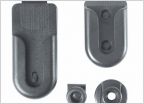 Midland 75 mounting ?????
Midland 75 mounting ?????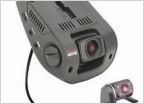 Wiring issue...I think
Wiring issue...I think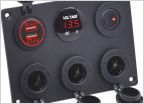 Hardwiring a 200w power inverter to aux battery
Hardwiring a 200w power inverter to aux battery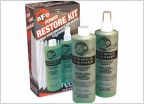 AFe Pro Dry cleaner solution
AFe Pro Dry cleaner solution Shore Power? Battery Maintainer? Let’s Talk About It.
Shore Power? Battery Maintainer? Let’s Talk About It.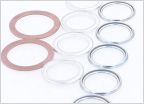 3rd Gen Manual Transmission Drain and Fill Plug Gaskets
3rd Gen Manual Transmission Drain and Fill Plug Gaskets









































































